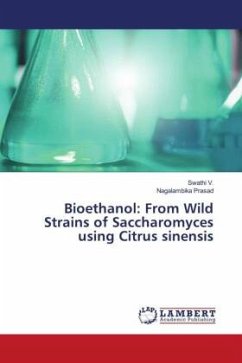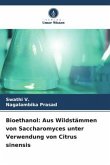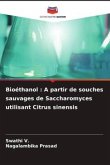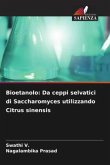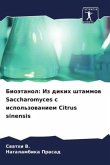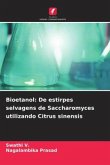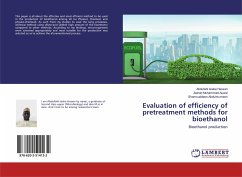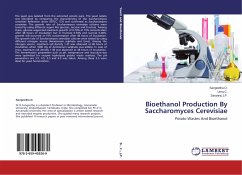Demands for the biofuels are increasing day by day as with the increase in population. Bioethanol is an alternative type of biofuel which has the capability to provide energy. Production of bioethanol will increase the use of eco- friendly and cheap raw material as the source of carbon. Bioethanol can be produced by the fermentation method that utilizes the carbohydrate contain substrates. The main aim of this study was to determine the cheap carbon source for the production of bioethanol with saccharomyces cerevisiae. Production of bioethanol as an alternative fuel from the food and agricultural waste was done by bioprocessing in present study. Waste from the orange peels was subjected for simultaneous saccharification and the fermentation for 10 days using saccharomyces cerevisiae. The ethanol yield was determined and also examined the influence of extra glucose in the sample, and it shows that the increase of ethanol formation. Without adding glucose, the ethanol gives 4.2% inquantitative estimation and with the influence of glucose it shows 6.6%. It is clear that the solution which added extra sugar gives more yield than the pure extract.
Bitte wählen Sie Ihr Anliegen aus.
Rechnungen
Retourenschein anfordern
Bestellstatus
Storno

